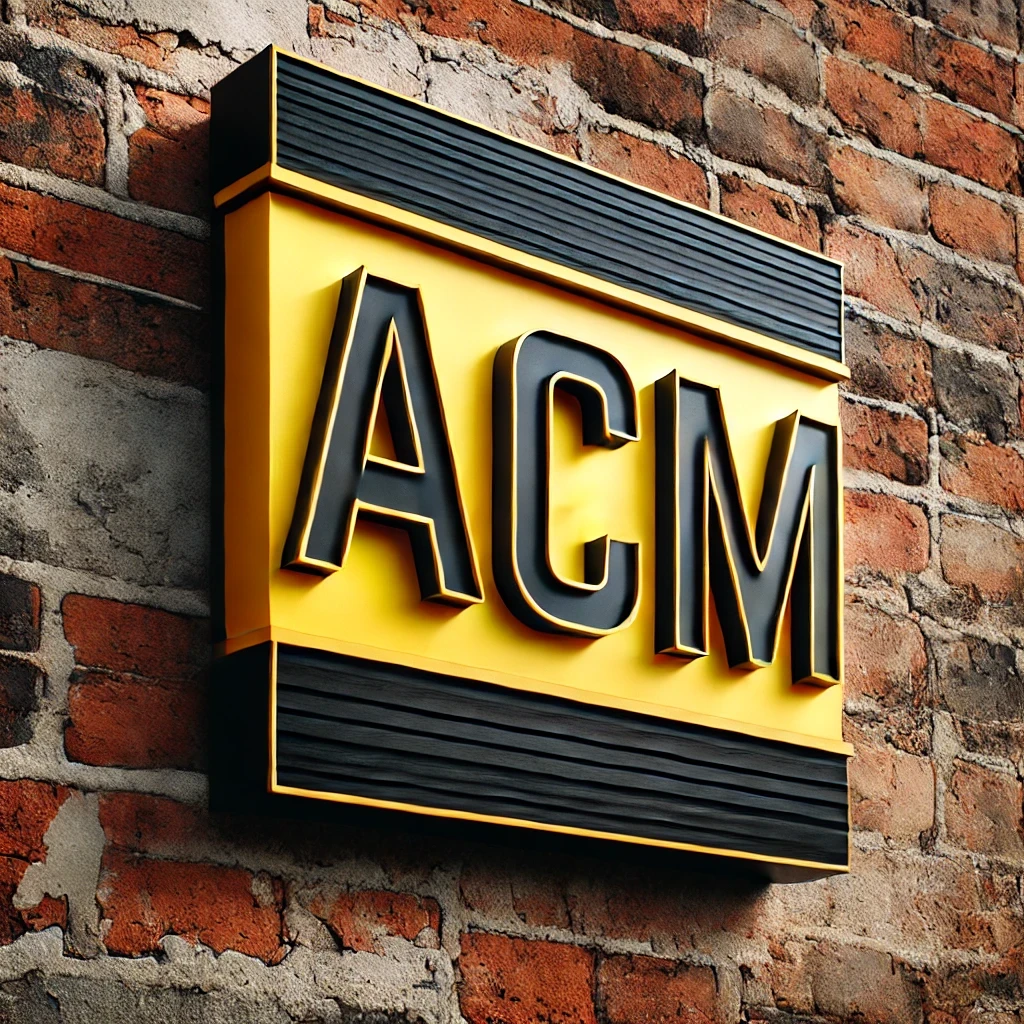When discussing asbestos and its impact on health and safety, one crucial term frequently comes up: ACM. But what does ACM mean, and why is it important to understand in residential and commercial contexts? This article will define ACM and explore the significance of recognising and managing asbestos-containing materials to protect human health.
Defining ACM: What Does It Mean?

To define ACM, it stands for “Asbestos Containing Material.” This refers to any material that contains asbestos, a group of naturally occurring minerals known for their heat resistance, strength, and insulating properties. Asbestos was widely used in construction and manufacturing throughout the 20th century, primarily before its dangers were fully understood.
An asbestos containing material can be found in various forms within buildings, including insulation, floor tiles, roofing tiles, cement products, and even textured paints. The presence of these materials in a building is not always inherently dangerous; the risk arises when they become damaged or disturbed, releasing asbestos fibres into the air. Inhaling these fibres can lead to serious health conditions, including lung cancer, mesothelioma, and asbestosis.
The Importance of Recognising ACM in Residential Properties
Understanding and identifying an asbestos-containing material is critical for homeowners, tenants, and contractors in residential settings. Older homes, particularly those built before the 1990s, are more likely to contain ACMs. These materials might be hidden in the ceiling, the floor cavity, behind walls or even in the wall sheeting, highlighting the need to determine where asbestos might be lurking.
For homeowners planning renovations or repairs, it’s vital to identify ACMs correctly to avoid accidental asbestos exposure. Before starting any work, a qualified professional like Global Asbestos Audits should carry out a thorough inspection to identify any asbestos-containing material in the home. Proper management or removal of ACMs can prevent health risks and ensure the property remains safe for its occupants.
The Role of ACM in Commercial Properties
The stakes are even higher in commercial properties. Understanding what constitutes an asbestos containing material is a legal and moral responsibility for property owners and managers. Commercial buildings must comply with strict regulations regarding the identification and management of ACMs.
The need to define ACM accurately in a commercial setting is not just about compliance; it’s about safeguarding the health of employees, clients, and visitors. Regular inspections are required to ensure that any asbestos containing material present in the building is managed correctly. This includes maintaining an up-to-date asbestos register, implementing a management plan, and ensuring that repairs or renovations are conducted safely.
Why Understanding ACM is Crucial
Whether in a residential or commercial context, correctly identifying ACMs and recognising an asbestos-containing material is vital for protecting human health. Asbestos exposure is a serious risk that can lead to long-term health consequences. By understanding what ACMs are and where they might be found, property owners and occupants can take the necessary steps to minimise exposure.
Asbestos-containing materials in residential and commercial properties should never be ignored or underestimated. Even if the material is in good condition and poses no immediate risk, monitoring it regularly and being prepared to take action if it becomes damaged or disturbed is essential.
To recap, when defining ACM, understand that it refers to any asbestos-containing material. This understanding is crucial for maintaining safety in both homes and businesses. By being aware of the potential risks and knowing how to manage ACMs properly, you can help protect yourself, your family, and your community from the dangers of asbestos exposure.
If you suspect your property may contain asbestos, especially if you are planning a renovation, demolition or construction project, Contact Global Asbestos Audits For a Full Assessment.

